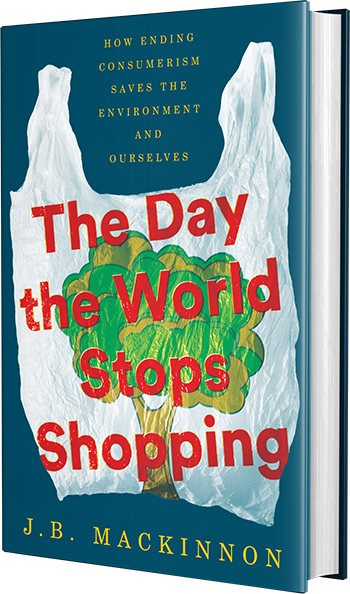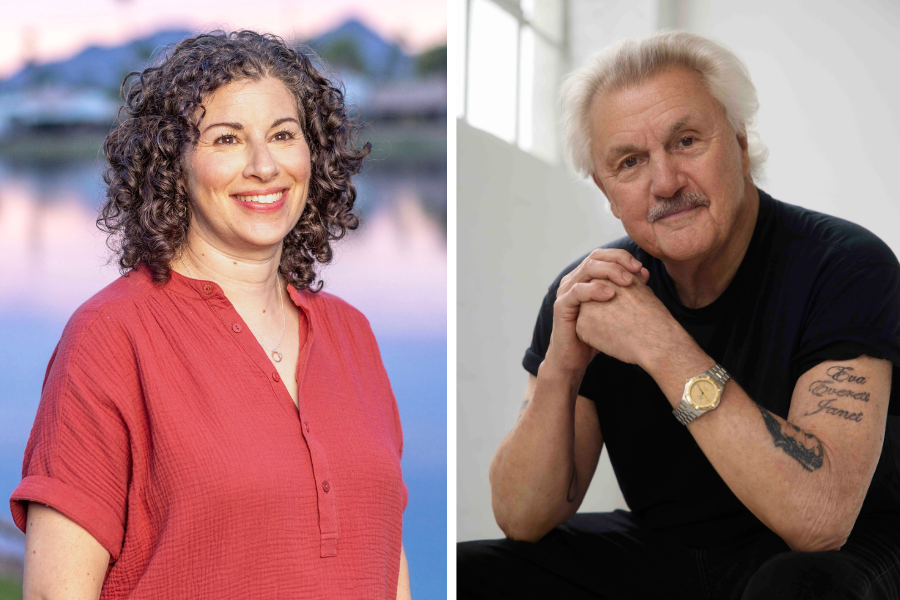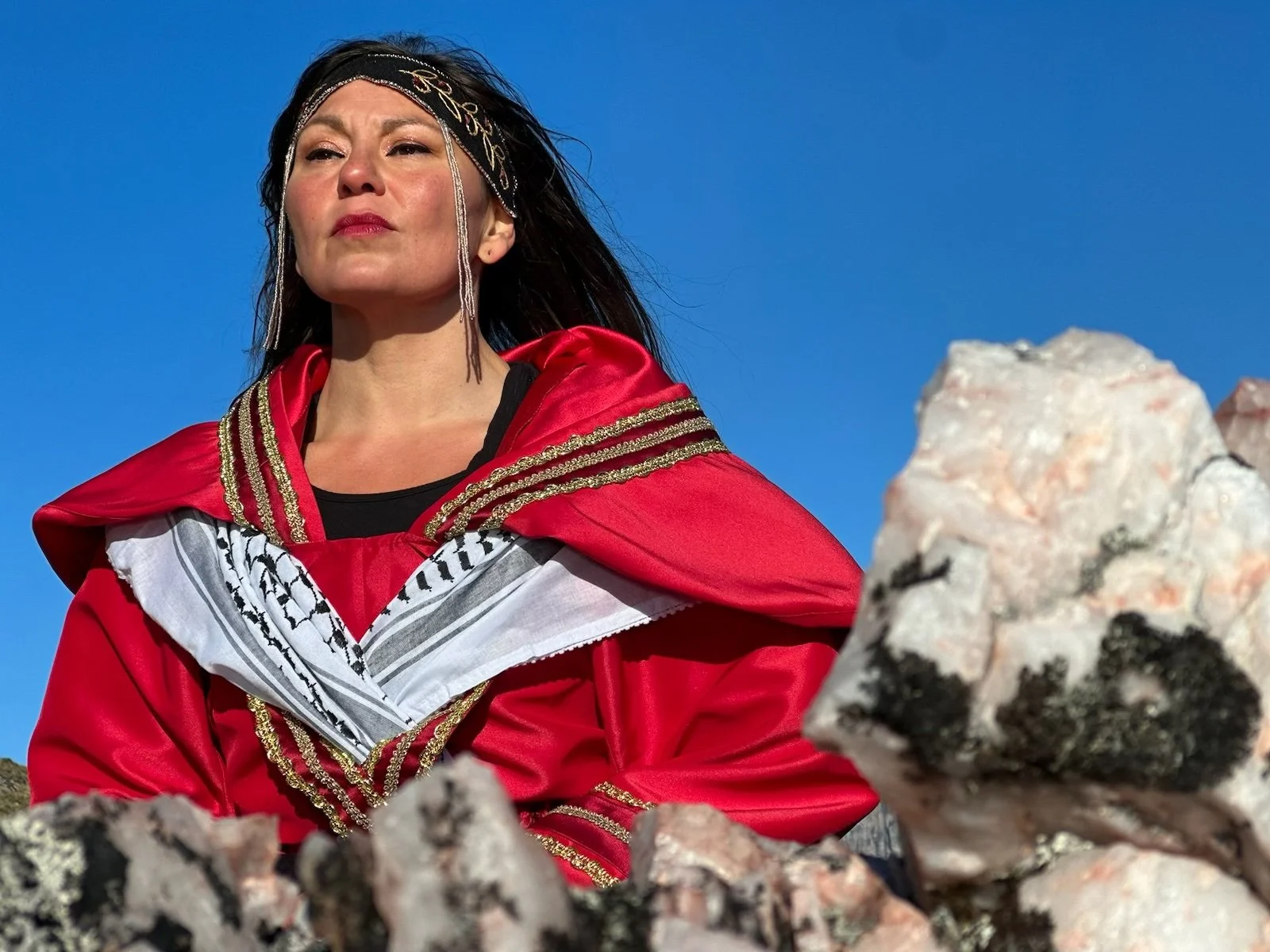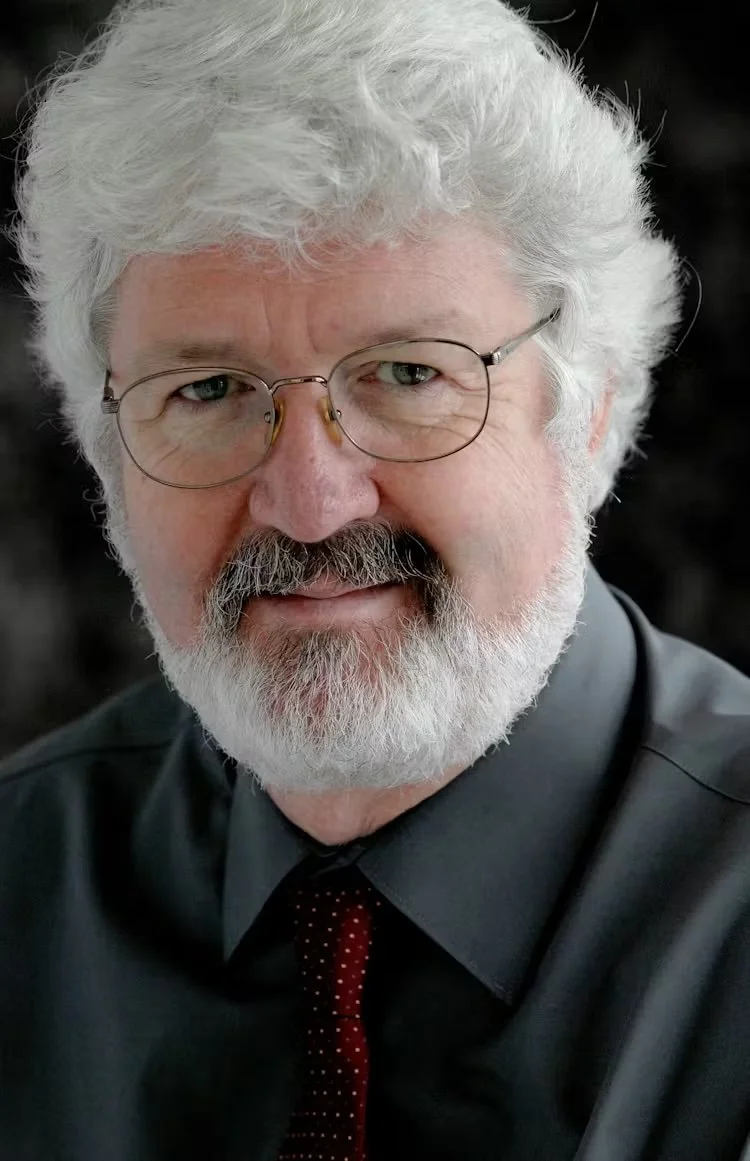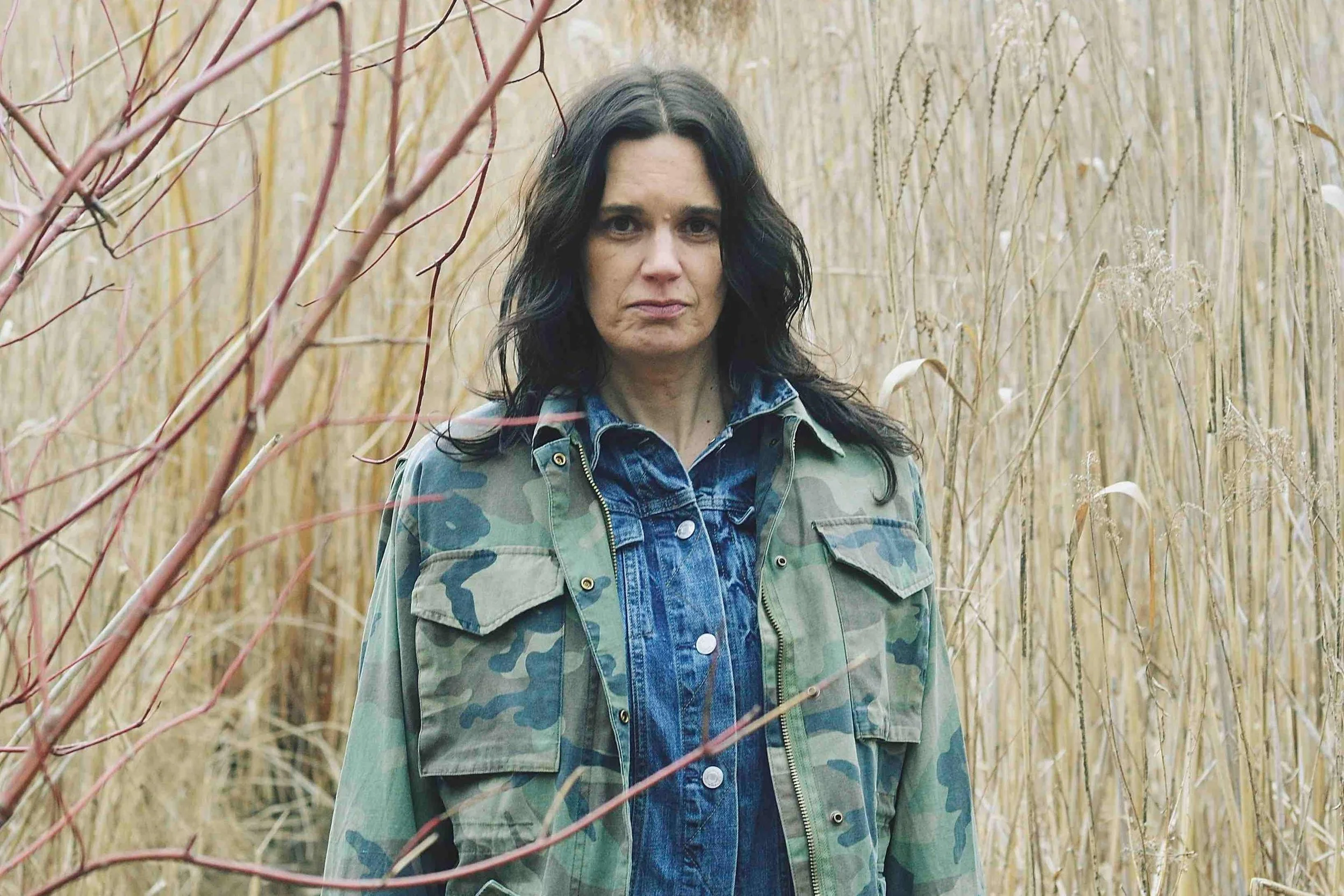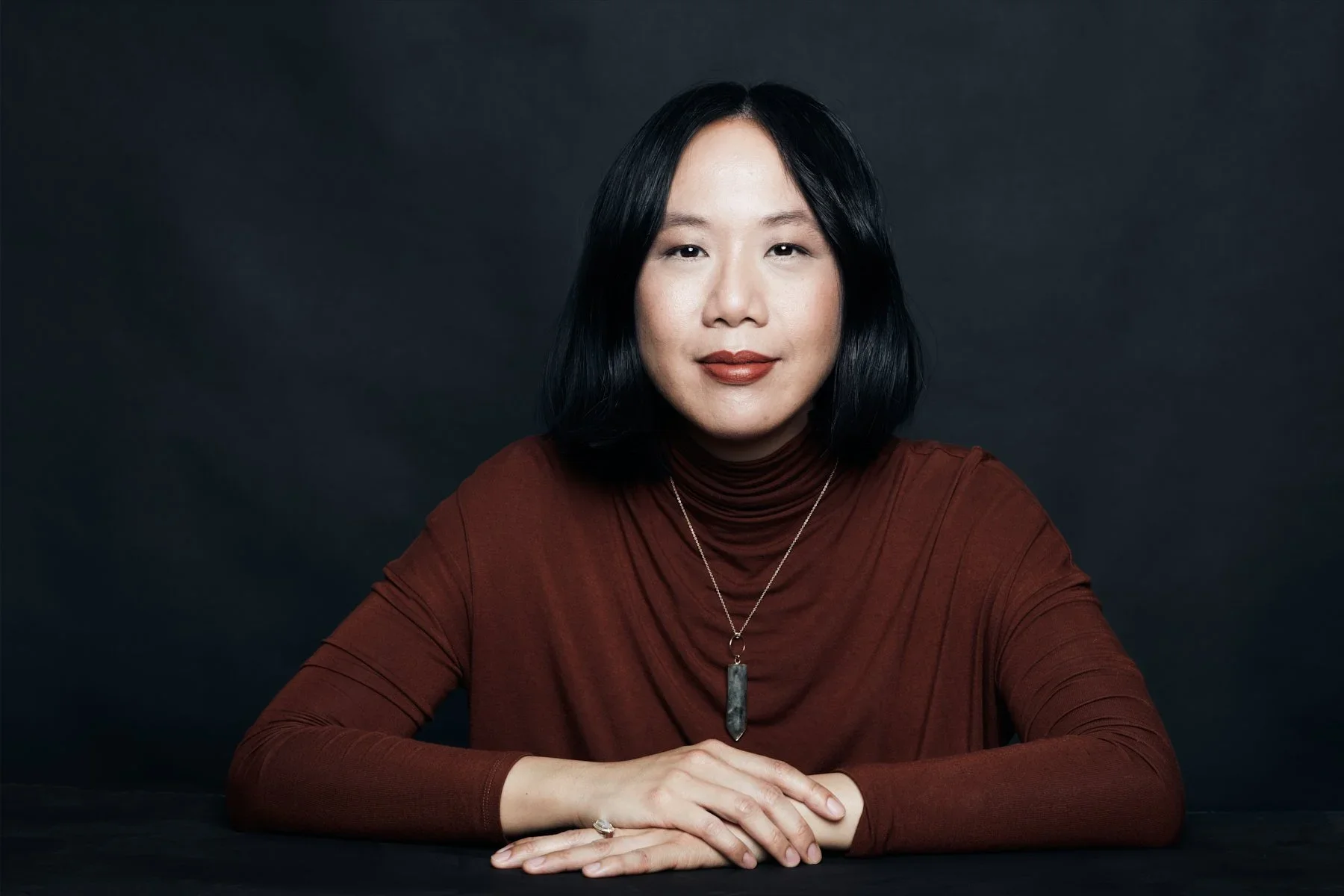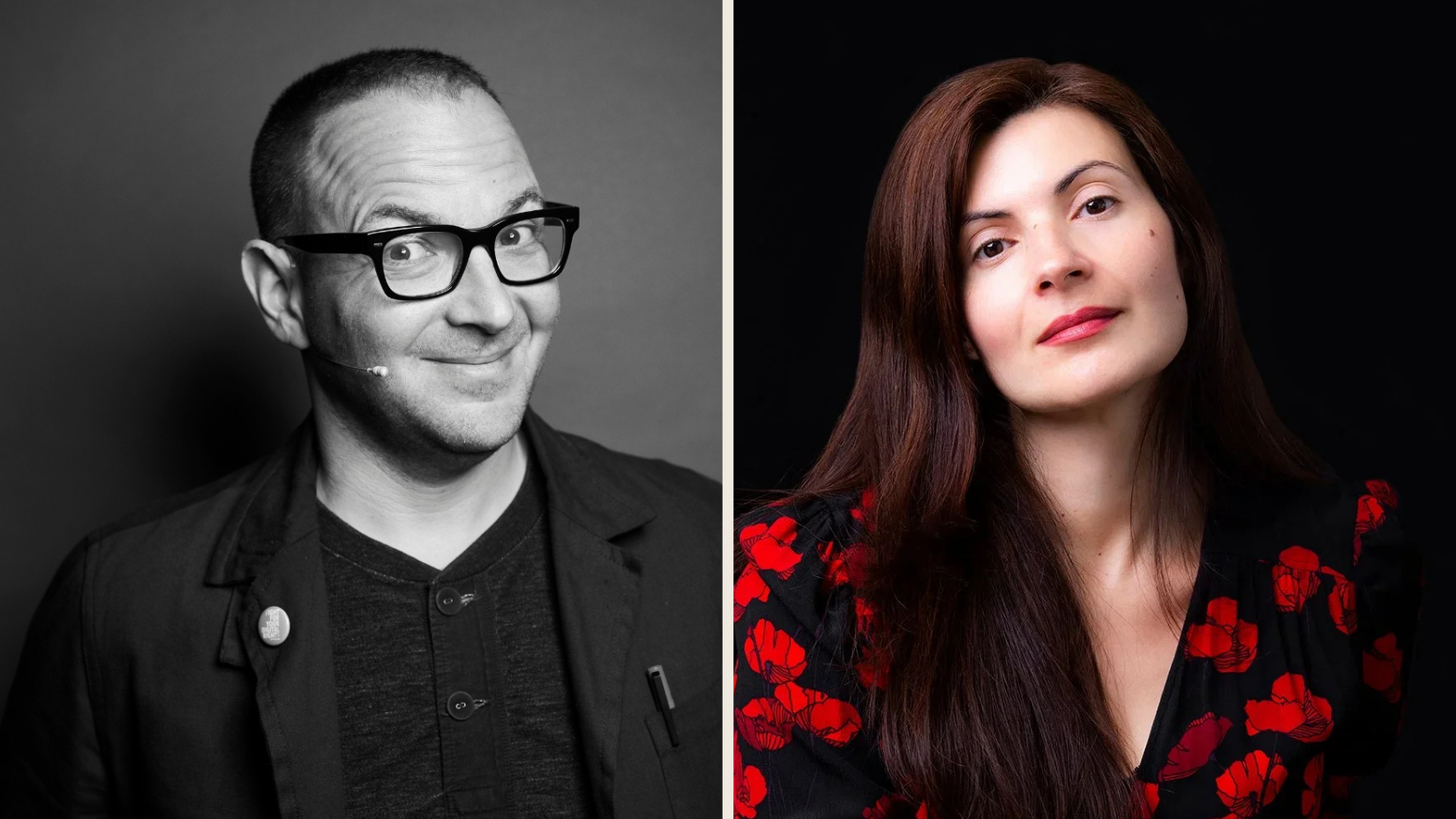Reading List: New books, including Generation Dread, hone in on the climate crisis
The team at Upstart & Crow shares shares titles that make us think and that offer inspiration
AS OUR LEGENDARILY wet spring gives way to, what, another severe summer of wildfires and drought, or maybe just more rain, and as we get outside, onto the land, the waters, into a cabin, maybe a tent, a garden, or even just an urban park, it’s hard not to think about our climate, and how much things are changing before our eyes and under our feet.
At Upstart & Crow, one of our current tables—Sustenance and Solutions—offers deep reflections on what it’s like to live in crisis and what solutions are available to us.
A star turn is to be found in the pages of Generation Dread: Finding Purpose in an Age of Climate Crisis (Penguin Random House) by Britt Wray. (You might have caught our recent launch event with Wray.)
Wray writes that the COVID pandemic “is a mere dress rehearsal for what scientists anticipate the climate crisis will do to our well-being. We are told to expect even more daunting challenges to come our way in the next decades, which will affect the resilience of our communities and our own interior worlds.”
If that doesn’t exactly sound like breezy beach reading to you, Wray’s book actually is pretty inspiring. Its subtitle (Finding Purpose in an Age of Climate Crisis) offers a clue to what makes this book stand apart, which is that eco-anxiety, solastalgia, ecological grief, climate anxiety, global dread… All this foreboding can actually be a force for good. Connecting with our climate emotions, seeing them as a sign of our humanity–that’s how our actions begin to conquer denial and disavowal that have “led humanity to this alarming period of ecological decline”.
We remain excited about our friend Arno Kopecky’s wonderful work, The Environmentalist’s Dilemma: Promise and Peril in an Age of Climate Crisis (ECW Press) and J.B. MacKinnon’s The Day the World Stops Shopping: How Ending Consumerism Saves the Environment and Ourselves (Random House Canada) (with the exception of shopping in independent bookstores, of course!).
We are also thrilled to have discovered a couple of books from Australia that force us to rethink our relationship to our lands and resources and with First Nations. Dark Emu (Magabala Books) is very much about Australia, not Canada, but what is remarkable and controversial about this book is that its author, Bruce Pascoe, posits that the idea of Indigenous people as opportunistic hunter-gatherers who didn’t really use the land is absurd, and in fact is disproven by records of the colonizers themselves.
“Aboriginal people did build house, did build dams, did sow, irrigate and till the land, did alter the course of rivers, did sew their clothes, and did construct a system of pan-continental government that generated peace and prosperity,” Pascoe writes. They just didn’t ruin everything in the course of doing so.
Tyson Yunkaporta, meanwhile, has written Sand Talk: How Indigenous Thinking Can Save the World (Harper One), and it is a cracker of a book. His at times funny, biting, and confronting analysis of modern society and our flapping attempts at reconciliation are juxtaposed with lots of “yarns” with elders about ancient laws that contain remarkable wisdom for living.
Tommy Orange, best-selling author of There There, has written, “Sand Talk unpacks for us something originally genius about Indigenous thought, which has for too long been dismissed as archaic folk knowledge from old oral cultures of interest only to academics and fetishists. This book shows how vital and alive and essential Indigenous ways of being and thinking are. Yunkaporta is so smart, funny, and accessible. Everyone needs to read this.”
And then, to Britt Wray’s way of thinking, everyone needs to recognize that “Indigenous and anti-colonial scholars have shown how the climate crisis is also an exponential amplification of the environmental harms inflicted upon Indigenous peoples for more than five hundred years. Global warming is not only a natural result of burning fossil fuels, it is an extension and outcome of colonization as well.”
All the more reason to pay close attention to Indigenous thinking and writing. To paraphrase Bill Clinton’s successful campaign slogan from 30 years ago, “It’s the system, stupid!” Or maybe it’s just a stupid system we’ve inherited, a bunch of them, that we need to entirely and urgently rethink.





